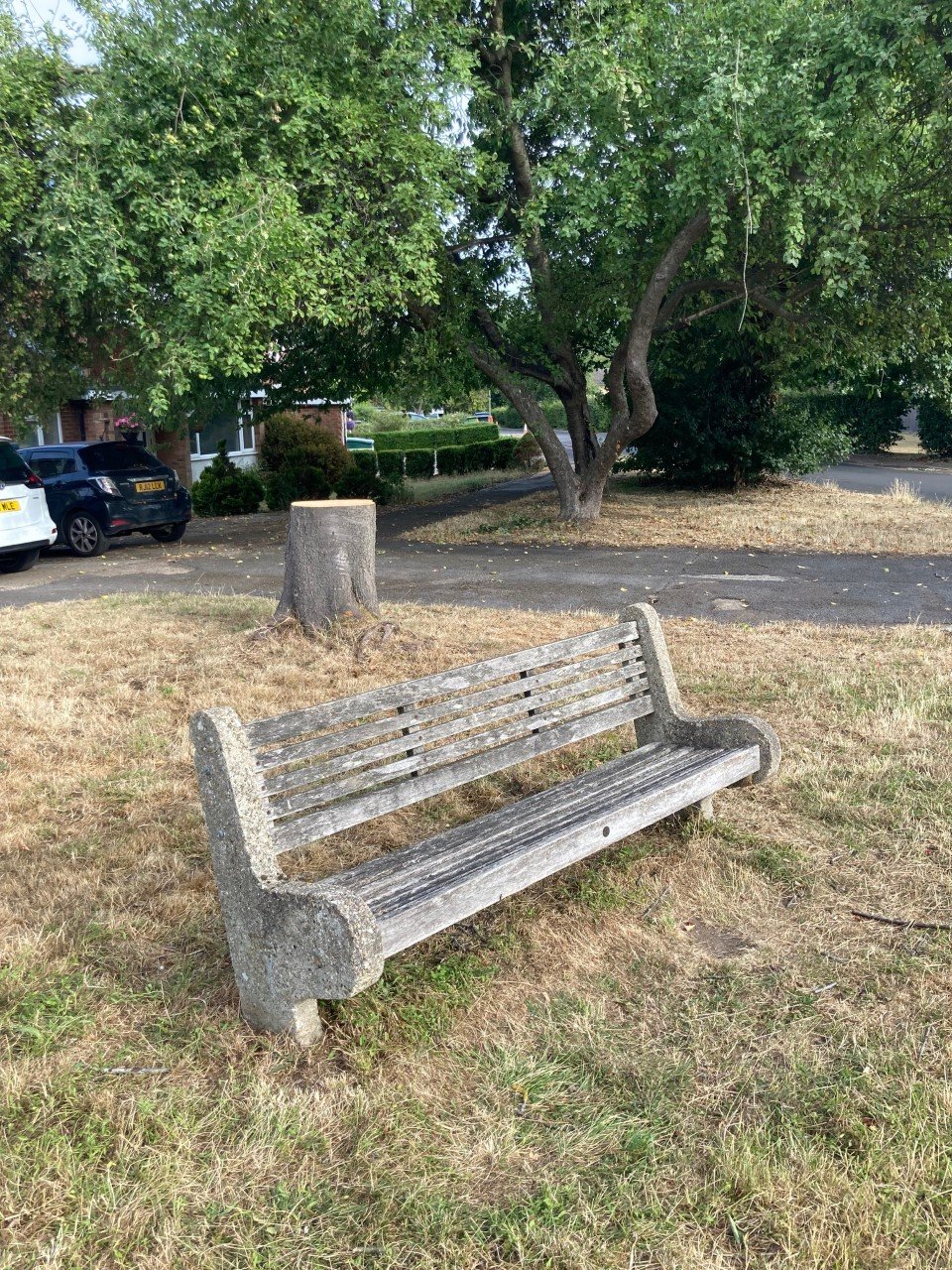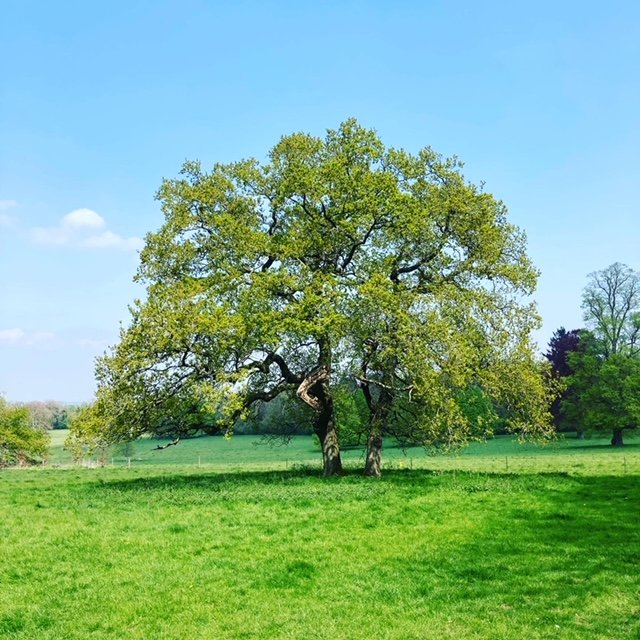On Poems and Trees, and Poems about Trees
They cut down a tree on our road this week.
My daughters and I were sad, and cross. Although already we couldn’t quite remember the exact shape and character of the tree – the branches had been efficiently disposed of, only the stump remained – we were bereft. It had been a kindly tree, throwing green shade over a bench on which people and dogs and occasionally the street’s reigning cat, Binky, sat to watch the world go by.
My six year old ran up to the stump, to its shocking new bright flat top, and hugged it. And then my nine year old joined her, and they made me do it too (although I might have done it anyway.) We counted its rings, and we missed it. I’m sure we looked deeply eccentric, but I’m also sure that any one of our neighbours, seeing that stark and sliced trunk, would have understood the response. Perhaps some of them might even have joined in.
It is difficult to write about trees without writing poetry. They are a wonderful example of an everyday object that can be transfigured by the kind of close attention you have to pay to something in order to write about it. What I love most about poetry is the new ways of looking at the world it offers us. Children, whose perspectives are fresher and less calcified than ours, instinctively respond to this. And when you ask them to look – to really look – at something, they will surprise and delight you with their responses.
In order to write a poem about a tree, you need to have a very good look at it… and they are magic. You need to watch and think about the movement of the leaves, to listen to the whisper of the boughs and the chattering of the squirrels. It’s important to stroke the bark, lie stretched out beneath it and look up into its canopy, inhale its scent, give it a hug. You may have walked past it a thousand times, but it might still be a tree whose shape you wouldn’t be able to recall if it was suddenly gone.
Children build kingdoms among the trees. Whether we clambered high into the branches or looked for fairies or beetles among the roots, trees were our playgrounds. We hoarded their treasures, gathered from the parks and pavements: glossy conkers, sycamore spinners, cherry stones, acorn cups for tiny feasts, tumbled blossom, sticky buds to uncurl in a milk bottle. They furnished us with swords, pilgrims’ staffs and magic wands. They were milestones and boundaries, and a certain well-loved tree might have been – might still be – the landmark that tells us: “You are home.”
Within my private forest of remembered trees stand a friendly magnolia, regularly scrambled up in childhood, and the horse chestnut – in my mind, always bearing its pale candles – visible from a window I last gazed from decades ago. Further in, a hilltop monkey puzzle stretches its sinuous fingers, an ancient oak spreads, and every Christmas tree I have ever loved (which is all of them, perhaps especially the scrawny ones) shines. I also have trees immortalised by poets and writers in my mental forest: from nursery rhyme nut trees to Shakespeare’s bare ruin’d choirs, from Housman’s lovely cherry to Hopkins’ Binsey Poplars.
We need trees and we need people who will plant them, not cut them down. It’s why Robert Macfarlane and Jackie Morris included Willow, Acorn and Conker in the beautiful spell book The Lost Words, incantations for words excised from the children’s dictionary due to underuse. To lie, once in a while, under a tree and look up through its leaves is a pure and primeval kind of medicine. It is an incredible gift to be able to give and, even for those of us whose days in the classroom are far behind us, a lesson we could all do with learning.
Climbing
High up in the apple tree climbing I go,
With the sky above me, the earth below.
Each branch is the step of a wonderful stair
Which leads to the town I see shining up there.
Climbing, climbing, higher and higher,
The branches blow and I see a spire,
The gleam of a turret, the glint of a dome,
All sparkling and bright, like white sea foam.
On and on, from bough to bough,
The leaves are thick, but I push my way through;
Before, I have always had to stop,
But to-day I am sure I shall reach the top.
Today to the end of the marvellous stair,
Where those glittering pinnacles flash in the air!
Climbing, climbing, higher I go,
With the sky close above me, the earth far below.
Amy Lowell - 1874-1925
I loved editing The Book of Tree Poems for publication in Summer 2023.
More of my favourite gorgeous poems about trees can be found in Wonder: The Natural History Museum Poetry Book, a collection aimed at readers aged 8+.
This blog originally appeared on the Children’s Poetry Summit website.





